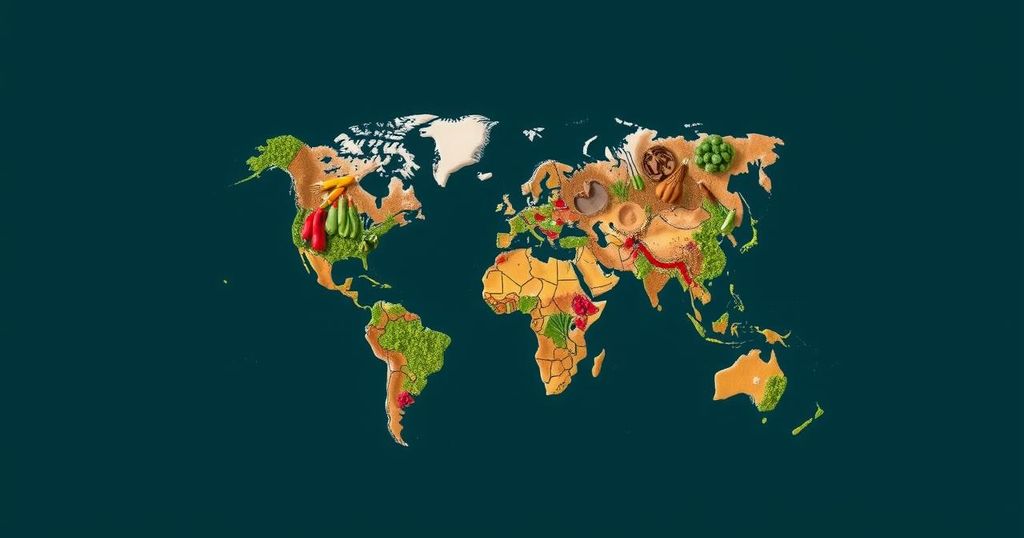A study from Uppsala University indicates that global acceptance for rationing fossil fuels and high-emission foods is comparable to support for taxation. The research, involving over 8,600 participants from various countries, suggests that policies perceived as fair can garner higher acceptance rates, especially among younger and more educated individuals concerned about climate change.
A recent study conducted by the Climate Change Leadership group at Uppsala University in Sweden has revealed that individuals worldwide exhibit a considerable degree of acceptance toward the rationing of fossil fuels and high climate-impact foods such as meat, akin to their acceptance of taxation as a mechanism for emission control. This groundbreaking research surveyed over 8,600 participants in Brazil, India, Germany, South America, and the United States, marking a significant expansion in the understanding of viable approaches to mitigating climate change. The study stands as the first to compare public perception of rationing versus taxation for high-emission products, moving away from the often-discussed economic strategies like carbon taxes. Oskar Lindgren, a doctoral candidate leading the research, remarked, “Rationing may seem dramatic, but so is climate change. This may explain why support is rather high. One advantage of rationing is that it can be perceived as fair, if made independent of income. Policies perceived as fair often enjoy higher levels of acceptance.” The findings indicate that, while Americans demonstrated the lowest receptivity towards these measures, approximately 33 percent of respondents globally were open to rationing high-impact foods, and 44 percent were agreeable to taxing such items. Acceptance for rationing fossil fuels and taxation showed similar trends, with 38 percent and 39 percent, respectively, supporting the initiatives. Notably, individuals expressing concern regarding climate change, which constituted a majority across all surveyed nations, were found to be most supportive of rationing. Furthermore, younger and more educated demographics demonstrated a favorable disposition towards this policy instrument. These encouraging results have prompted researchers to emphasize the necessity for further investigation into public attitudes towards rationing and the formulation of effective policy designs to adapt this approach.
The issue of climate change necessitates the exploration of innovative strategies to reduce emissions and mitigate its impacts. Traditional methods have often focused on economic policies, such as carbon taxes. However, this study from Uppsala University breaks new ground by investigating public acceptance of rationing as a viable alternative. The implications of such measures could be significant in shaping climate policies that are perceived as fair and just across various socio-economic groups, creating a more cohesive approach to combating climate change.
In conclusion, the study reveals that rationing fossil fuels and high-emission foods could be accepted by a significant portion of the global population, potentially serving as an effective tool in the fight against climate change. The findings indicate that perceived fairness plays a key role in the acceptance of such measures. Consequently, further research is essential to refine these insights and develop appropriate policy frameworks that resonate with concerns about climate change.
Original Source: macaonews.org






